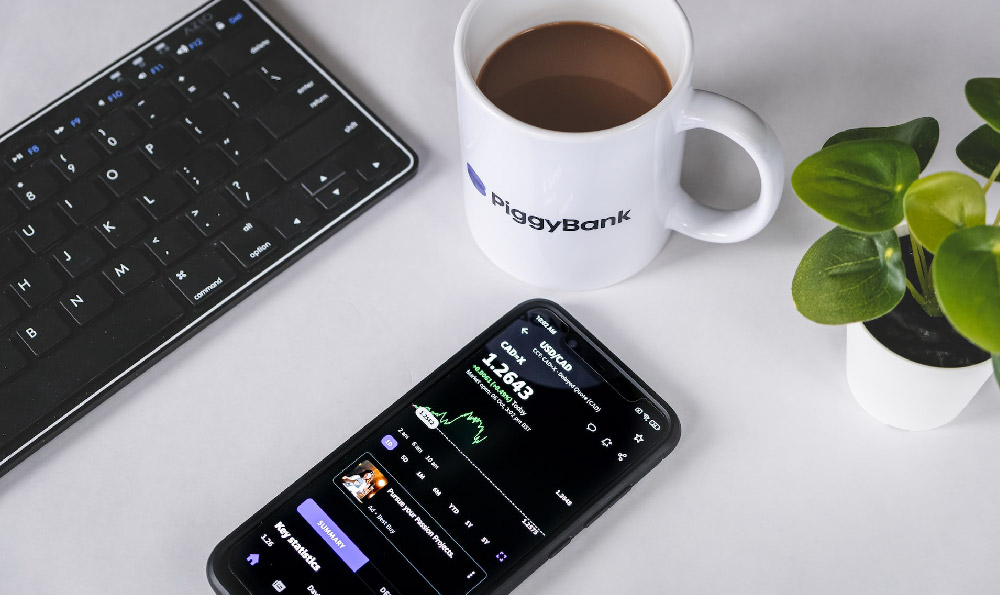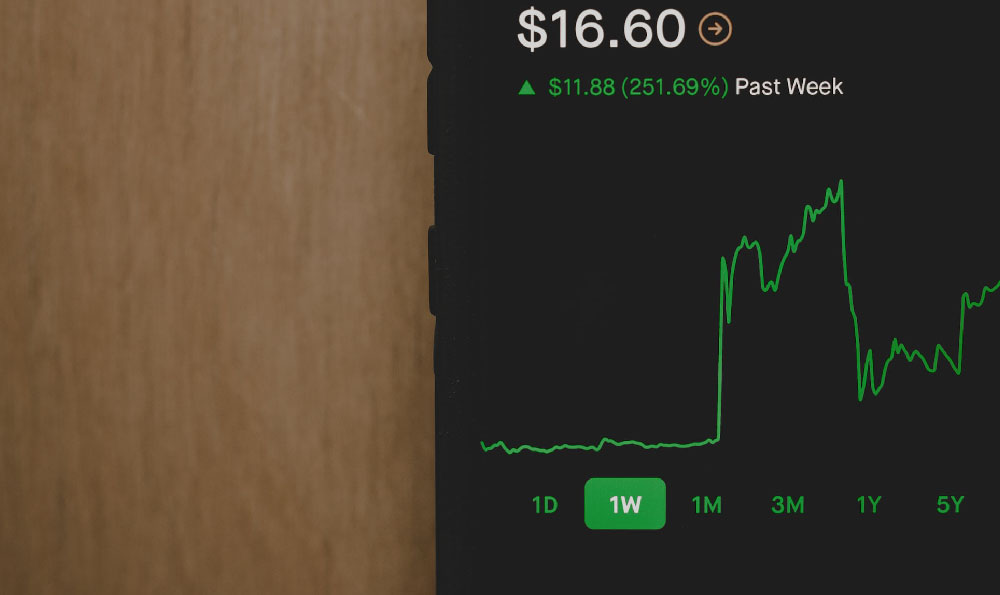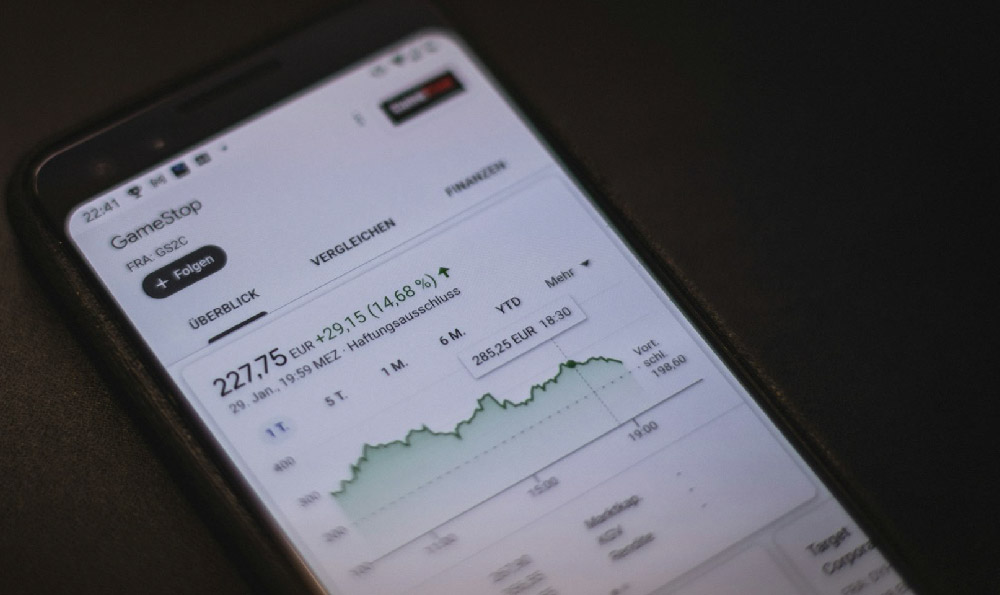How Does Groupon Generate Revenue, and What Are Its Sources of Income?

Groupon, the once-ubiquitous daily deals platform, generates revenue through a multifaceted approach that primarily revolves around connecting consumers with local businesses. While the company's business model has evolved significantly since its explosive initial growth, its core principle of facilitating discounted offers remains central to its income streams. Understanding these sources of revenue is crucial to grasping Groupon's business model and its place in the competitive landscape of online retail and local commerce.
The most substantial portion of Groupon's revenue comes from its commissions on sales. This is the cornerstone of their operational framework. When a customer purchases a Groupon voucher, they are essentially buying a discounted service or product from a participating merchant. Groupon then takes a predetermined percentage of the revenue generated from each voucher sale. The specific commission rate varies depending on the type of deal, the merchant's agreement with Groupon, and the market conditions. Generally, the commission split favors Groupon, allowing them to capture a significant portion of the value generated by the deal. The beauty of this model, from Groupon's perspective, is that it only gets paid when a sale is made. This reduces the financial risk associated with advertising or marketing campaigns that may not yield results.
Another important aspect of their revenue generation lies in the nature of the deals themselves. Groupon offers a diverse range of deals across various categories, including dining, entertainment, beauty services, travel, and retail goods. This broad selection attracts a wide range of consumers with diverse interests and spending habits, which broadens Groupon's potential customer base. The discounts offered on these deals are often substantial, making them attractive to price-sensitive consumers who are actively seeking bargains. This drives volume and generates revenue for both Groupon and the participating merchants. The success of a Groupon campaign hinges on the ability to offer attractive discounts that incentivize consumers to make a purchase. The value proposition is compelling: consumers get to experience new businesses or purchase products at significantly reduced prices, while merchants gain access to a large audience and the opportunity to attract new customers.

Beyond commissions on directly offered deals, Groupon also generates revenue through its Groupon Goods marketplace. This section of the platform functions more like a traditional e-commerce site, offering a wide range of products for sale, from electronics and home goods to apparel and accessories. Groupon acts as a middleman, connecting consumers with suppliers and taking a commission on each sale. While this segment may not be as prominent as the local deals business, it still contributes significantly to Groupon's overall revenue and expands its reach into the broader e-commerce market. The Goods marketplace allows Groupon to capitalize on its existing customer base and leverage its established platform to sell products beyond the realm of local services and experiences.
In addition to core sales-related revenue, Groupon has diversified its income streams by offering advertising and promotional services to merchants. Businesses can pay Groupon to feature their deals more prominently on the platform, increasing their visibility and attracting more potential customers. This advertising revenue stream is particularly valuable for merchants who are looking to launch new products or services, or who want to generate a surge in sales during a specific period. Groupon's extensive data on consumer preferences and purchasing behavior allows them to target advertising campaigns effectively, ensuring that merchants reach the right audience with their offers. Furthermore, Groupon leverages email marketing campaigns and push notifications to promote deals to its subscribers, creating another opportunity for merchants to increase their exposure and drive sales.
A subtle but relevant element of Groupon's financial model involves the expiration dates on vouchers. A percentage of purchased vouchers inevitably go unused, either because customers forget about them or because they are unable to redeem them before the expiration date. While Groupon typically shares a portion of the unredeemed voucher value with the merchant, they retain a significant portion as revenue. This is a somewhat controversial aspect of their business model, as it relies on customer inaction to generate income. However, Groupon argues that the expiration dates are necessary to incentivize customers to use the vouchers and to prevent merchants from being overwhelmed with demand at a later date. The expiration dates also allow Groupon to accurately forecast demand and manage its inventory of deals.
Finally, it's important to consider the role of partnerships and strategic alliances in Groupon's revenue generation. The company often collaborates with other businesses to offer bundled deals or co-branded promotions, which can attract a wider audience and generate additional revenue streams. For example, Groupon might partner with a travel agency to offer discounted vacation packages or with a credit card company to offer cashback rewards on Groupon purchases. These partnerships allow Groupon to leverage the resources and expertise of other organizations, expanding its reach and enhancing its value proposition to consumers.
In conclusion, Groupon generates revenue through a combination of commissions on sales of discounted vouchers, revenue from its Groupon Goods marketplace, advertising and promotional services offered to merchants, a percentage of unredeemed vouchers, and strategic partnerships. While the company has faced challenges in recent years due to increased competition and evolving consumer behavior, its core business model remains viable, and it continues to adapt and innovate to stay relevant in the ever-changing landscape of online retail and local commerce. The key to Groupon's success lies in its ability to provide value to both consumers and merchants, offering attractive discounts to customers while providing businesses with a platform to reach new audiences and drive sales.















